Wiggins begins his Grand Tour in Naples
Englishman takes aim at Giro d'Italia
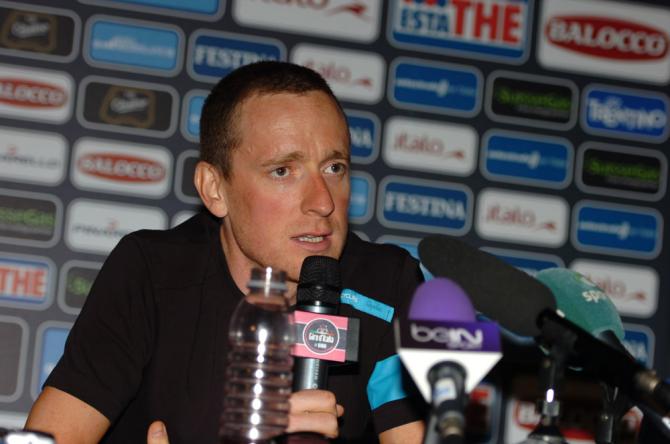
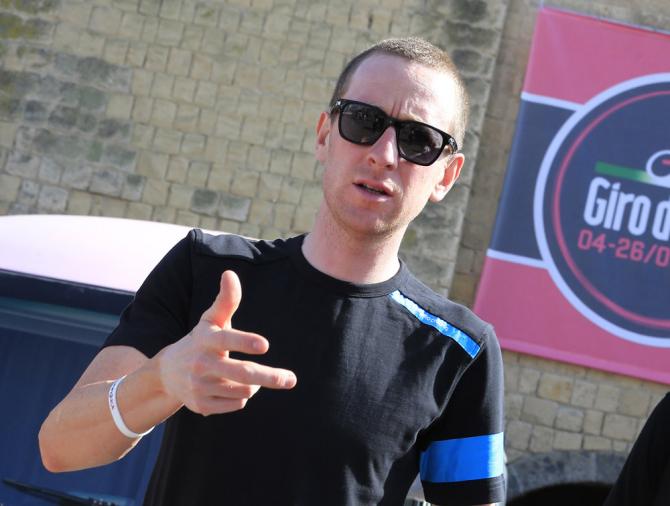
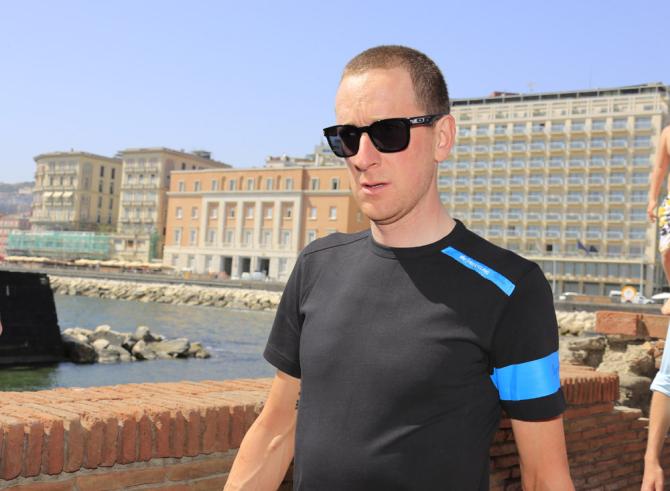
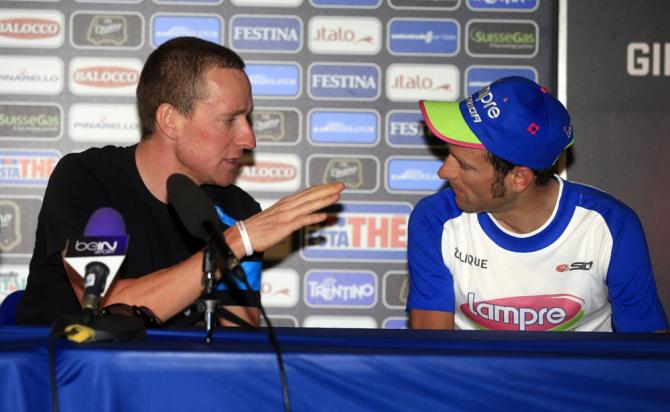
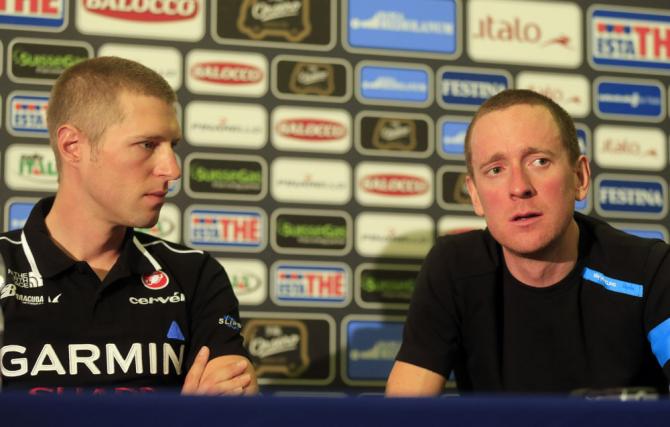
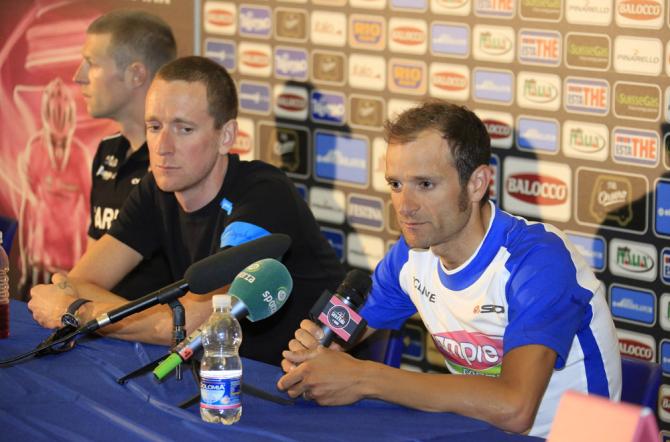

The Castel dell'Ovo in Naples is not the most auspicious of places for an Englishman to begin an Italian sojourn. John Keats docked here in 1820 on his ill-starred journey to Italy and found his ship placed under quarantine for 10 days, passing the time, it is said, by thinking up puns to amuse his travelling companion.
Bradley Wiggins was less given to wordplay when he turned up for the pre-Giro d'Italia press conference at the castle on Thursday afternoon, affecting an air of drowsy numbness for most of the proceedings. When asked to assess his form relative to the eve of last year's Tour de France, Wiggins' response reiterated that there is precious little poetry about Sky's methodological approach to cycling.
"I feel better and it's not just a feeling. The evidence is that I've moved on from last year and I'm ready for this year," Wiggins said. "Sometimes you get mixed feelings but the evidence is in the training we do and the times we do and the numbers we produce. Years of doing that and having all that data, like your body weight, all of that goes towards judging how you are."
After baldly stating his ambition to win a Giro-Tour double – and precipitating his contest with Chris Froome for Sky leadership in July in the process – Wiggins was decidedly more circumspect in his declarations in Naples as he sat alongside fellow contenders Vincenzo Nibali (Astana), Ryder Hesjedal (Garmin-Sharp), Robert Gesink (Blanco), Michele Scarponi (Lampre-Merida), Samuel Sanchez (Euskaltel-Euskadi) and Cadel Evans (BMC).
The 55-kilometre time trial to Saltara at the end of week one is widely seen as Wiggins's chance to strike a potentially decisive blow in the battle for overall honours, but he was steadfast in his insistence that the stage would not yield a definitive verdict.
"It's not straightforward," Wiggins said of the time trial. "I don't want to make any predictions about taking time or losing time. It's one stage out of a lot of very difficult stages and there's a long way to go before then. It's not going to be decisive. It comes after a quite a few difficult stages and it's not very straightforward, that's for sure."
Wiggins was diplomatic to a fault, too, when asked to assess his rivals for the pink jersey, acknowledging that Nibali was the biggest threat but refusing to rule anybody out of the running before a pedal has been turned in anger.
The latest race content, interviews, features, reviews and expert buying guides, direct to your inbox!
"You'd say that on paper and on form, definitely, Nibali's the one we've got to beat but you can never underestimate anyone in cycling," Wiggins said. "Even the guys who weren't sat at that table at the press conference, the guys who've been lucky enough to stay at the hotel, you can't underestimate them."
Wiggins admitted that it might prove more difficult to control the racing on the steeper gradients in Italy than it did at last year's Tour de France. Back then, his Sky team dictated terms through the Alps and Pyrenees in the bluntest of prose, but the lilting cadences of the Dolomites might provide more scope for the pure climbers to express themselves.
"The race is a lot different and the climbs are a lot different. It's not as easy to control the race on the steeper climbs," said Wiggins. He also regretted the late withdrawal of the injured Ivan Basso, whose Cannondale squad could have proved a useful ally of circumstance: "It would have almost aided my race if he was there because we ride in a similar way."
On Thursday morning, one English newspaper placed great store in detailing the minutiae of Sky's "Project Giro," as if no team in the history of the race had ever actually planned to win it beforehand, but Wiggins said that Sky's advanced planning did not extend to setting its tactical approach in stone at this early juncture.
"It all depends on where you are in the race. You race to the position you're in," he said. "We don't really have a strategy at this point."

Barry Ryan was Head of Features at Cyclingnews. He has covered professional cycling since 2010, reporting from the Tour de France, Giro d’Italia and events from Argentina to Japan. His writing has appeared in The Independent, Procycling and Cycling Plus. He is the author of The Ascent: Sean Kelly, Stephen Roche and the Rise of Irish Cycling’s Golden Generation, published by Gill Books.